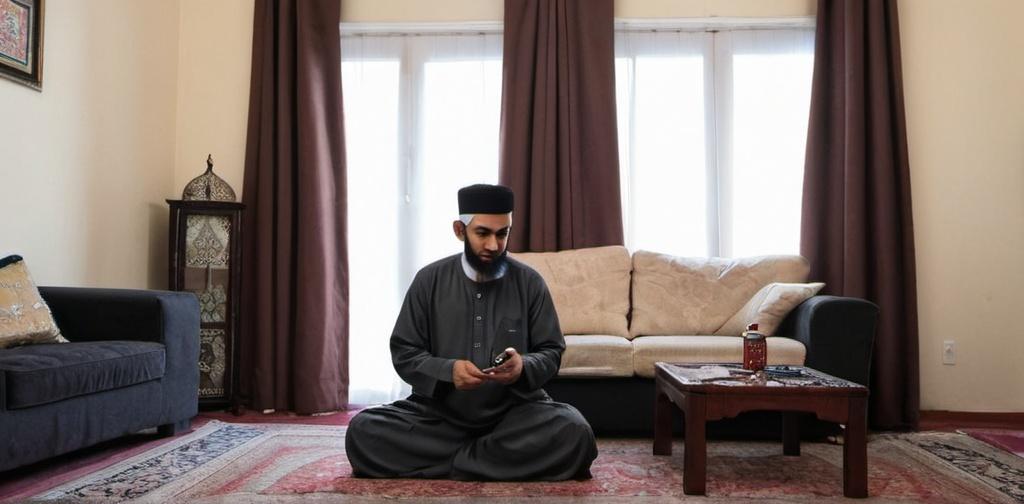Learn more about Swing Trading

An Introduction to Swing Trading in the Context of Halal Investing
Swing trading, a favored strategy among traders, involves holding stocks or other financial instruments for a short period—typically a few days to a few weeks—to capitalize on expected price moves. The million-dollar question stemming from the Islamic investing perspective is: Is swing trading halal or haram?
When it comes to Islamic finance, the main focus is ensuring that financial activities align with Shariah law. Simplifying it a bit, any form of trade or investment should avoid elements like riba (interest), gharar (excessive uncertainty), and maysir (gambling). Swing trading, with its quick entry and exit points, becomes a gray area deserving a closer look.
Understanding the Islamic Perspective
In the Islamic financial system, the overarching principle is to invest ethically and responsibly. This means businesses should contribute positively to society, not engage in harmful practices. When it comes to stocks, the nature of the business becomes paramount. For instance, investing in companies dealing with alcohol, gambling, or pork production is a definite red flag.
Swing trading itself doesn’t inherently involve interest, yet it could be entwined with practices that shariah disapproves of. For example, margin trading—borrowing funds from the broker—is a common practice in swing trading. This can lead to paying or receiving interest, thus making it problematic from a halal viewpoint.
The Question of Gharar and Maysir
Some scholars point out that the quick profit motives in swing trading may border on gharar and maysir—principles that shariah law prohibits. Gharar refers to excessive uncertainty or ambiguity, while maysir equates to gambling or betting. Swing trading relies heavily on speculation, price predictions, and sometimes on short-term market sentiments. This could tip the scale towards gharar and maysir if not executed with due diligence.
Balancing Risks and Intentions
Despite the concerns, it’s not all bad news. Swing trading can be shariah-compliant if conducted with an appropriate level of due diligence and an intention to invest ethically. The trader’s intent plays a significant role. If the intention is purely to invest in halal stocks and make profits without engaging in banned practices, then it leans closer to being permissible.
Success Stories and Personal Experiences
To illustrate, take the example of Hassan, who found a knack for identifying trends in tech stocks. He ensured compliance by focusing on companies with clean records, opting out of margin trading, and steering clear of speculative moves. Hassan acknowledged the risks inherent in swing trading but engaged in it with a clear intent and a strategic plan that aligned with his faith.
Muhammad, on the other hand, had a less savory experience. Caught in the whirlwind of quick profits, he ventured into margin trading, ignoring the principles of Shariah-compliant investing. The outcome was a lesson in aligning one’s trading practices with religious principles, proving that intention and adherence to ethical guidelines matter immensely.
Islamic Stock Screening for Swing Traders
For those keen on walking the halal path, Islamic financial institutions and various platforms offer stock-screening services. These services validate stocks against shariah principles, making life easier for traders anxious about compliance.
Let’s consider a mock scenario where you decide to invest in a specific sector—tech, for instance. Using Islamic stock screening, you can sift through the companies to identify those adhering to shariah standards. This proactive step curtails the risk of unknowingly stepping into haram territories.
Conclusion: To Swing or Not to Swing?
Swing trading can indeed fit within the halal framework if approached with caution, awareness, and a conscious effort to abide by Islamic principles. The line is thin, and it’s vital that traders meticulously review their activities. The focus remains steadfast on fortifying one’s intent with knowledge and ensuring every trade aligns with one’s faith. As they say, knowledge is power—and in this context, it’s the power to trade responsibly and ethically. The journey of a Muslim trader is as much about financial success as it is about staying true to one’s beliefs.